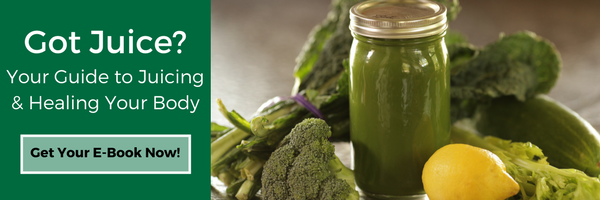 Is adding oil to juice beneficial in any way?
Is adding oil to juice beneficial in any way?
Many people are apparently advocating this practice. So, is adding oil to juice beneficial, it is if your goal is to decrease glucose absorption. Let’s walk through it.
In biochemistry and cellular biology, there are two distinct conditions that are necessary for life to exist. Lipid or fat-soluble versus aqueous or water soluble. These two factors allow for the separation of functions since they serve as barriers necessary for different compartments (functional units) to co-exist.
Membranes (lipids) separate cells from other cells and separate intracellular organelles (functional units) from each other. Without this separation, there could only be one set of functions and since the body is engaged in approximately 1 septillion (a number followed by 24 zeros) chemical reactions per second, an exceedingly large number of functional units must co-exist.
The concept of fat-soluble when being considered with regards to food simply means this. When fats are being digested and assimilated, certain specific sets of physiological and biochemical functions/reactions are set in motion. In comparison, very different functions/reactions are associated with ingested water-soluble substances.
Clearly, if one is eating fat, then fat processing is turned on. This is where it would be advantageous to take fat-soluble vitamins such as vitamin A or E or D as they would be efficiently and quickly processed.
Is Adding Oil to Juice a Smart Thing to Do?
If water-soluble vitamins were ingested, they would have to “wait”. And the opposite holds true for when water-soluble substances are being processed, the fat-soluble vitamins would have to “wait”.
To process fats, a certain pH is required in the duodenum. The biliary system in the liver and gallbladder would be activated, whereas if fat is not being ingested, other processes requiring a different pH and different sets of enzymes would be activated.
It clearly follows that if both fat and water-soluble substances are being ingested simultaneously, these two systems would both have to be partially activated hence diluting the efficiency of each system.
If one is drinking juices that are mostly water-soluble, then ingesting fat would slow down digestion. This can actually be of benefit in some instances.
For example, if one is eating a high glucose meal and they want to slow the rate of absorption, then all they have to do is add fats. The decrease in glucose absorption results in a slower increase in blood glucose. This translates into a decreased need for insulin and all the deleterious effects associated with high insulin.
In fact, that would be the only logical reason for someone to purposely combine fats (oils) with vegetable or fruit juices. But certainly, ingesting oils with juice in no way enhances digestion or absorption, but rather impairs (or slows) the process.
Green juice feasting is a very important part of our comprehensive cancer care program at our healing center, An Oasis of Healing. Every person that visits us starts off with a specific protocol of green juicing and then we transition people to an organic whole food raw vegan diet. However, green juice remains part of their diet.

The post Is Adding Oil To Juice Beneficial? appeared first on Dr Thomas Lodi.




















 Is adding oil to juice beneficial in any way?
Is adding oil to juice beneficial in any way?

























